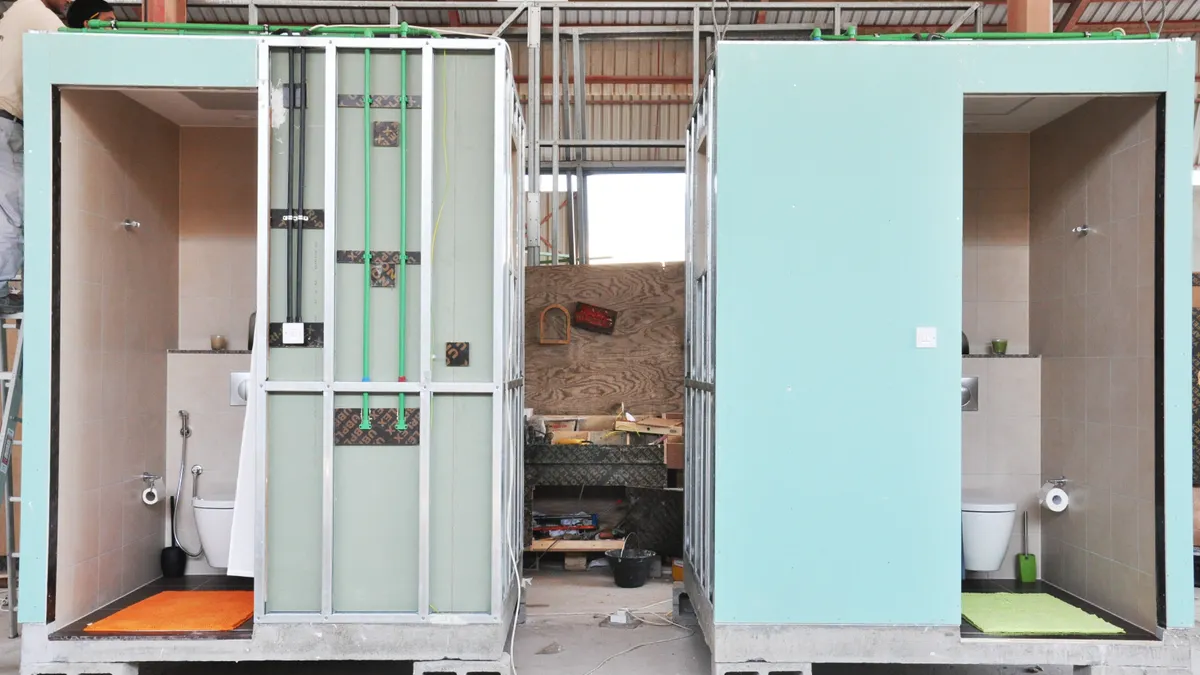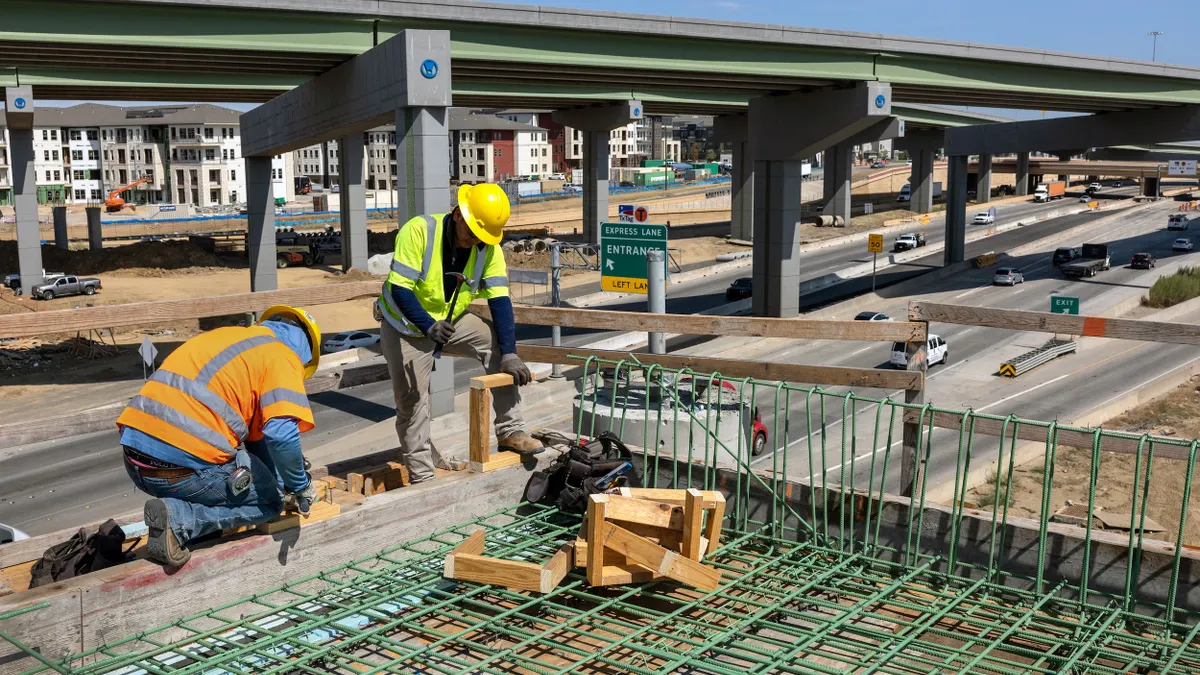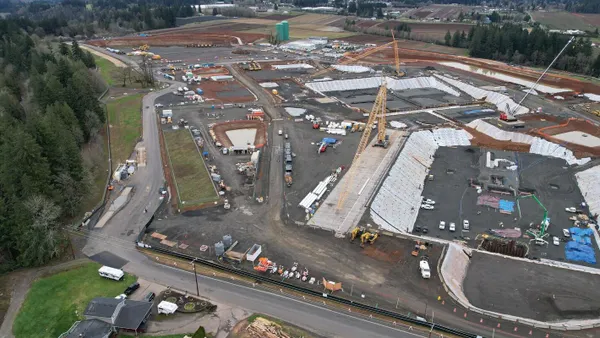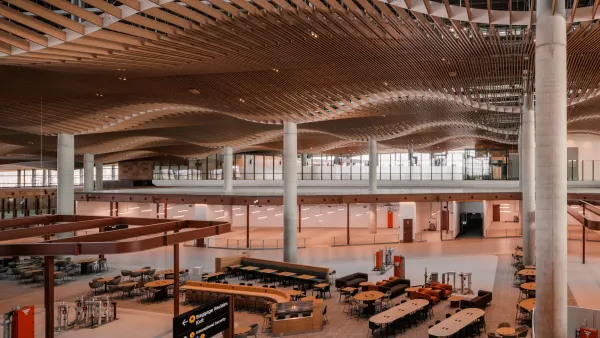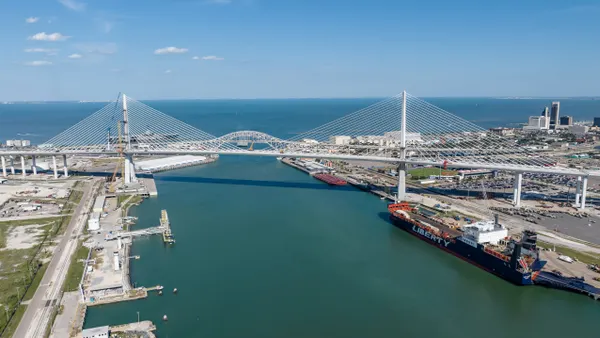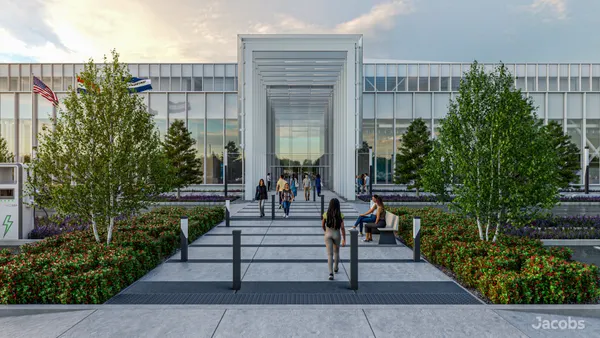As technology improves, so do construction techniques - often in ways that can be complex to understand. With so many burgeoning trends and methodologies, it can be challenging to decide which opportunities are worth the investment needed to properly evaluate and implement, and which are not.
Modular construction is one such technique that is worth considering. Industry experts have identified it as one of the key drivers of growth in 2020.
Modular construction offers a truly revolutionary way to redefine the building process. It offers an innovative, convenient alternative to traditional construction methods.
Light gauge steel (LGS) (or cold formed steel/CFS) modular construction utilizes factory-built LGS frame modules and has the ability to reduce build times in a controlled environment while saving both time and money for construction companies and property developers. LGS as a building material is scalable and flexible with a high strength to weight ratio, making it the perfect material for this method of construction.
How is Modular Construction used?
Modular construction growing trends represents new opportunities for companies to specialize in modular building such as bathrooms pods, school classrooms, hotel rooms, bedroom apartments, office buildings, relief housing, military installations and countless applications.
Modules are assembled into any size or shape desired, with units able to be fitted next to one another or stacked. They are pre-wired for electricity and fitted for plumbing, heating and internal finishes before leaving the factory floor, providing for a fast and convenient assembly method valuable in a wide range of applications.
With offsite construction, individual modules of the building are transported to the construction site, set into place by cranes and assembled onsite, which offers a stable, secure building structure on a reduced timeframe.
For those with creative needs, modules can be fitted with interior walls, stairs and lifts to create a building customized to any unique set of specifications.
For more information about common key modular construction and prefabrication terminology, see here.
Modular Construction Benefits
- Factory-built modules are produced in a controlled environment and do not cause noise, disruption or pollution issues on a job site and are not subject to weather and environmental concerns, which can side-line major projects for days, weeks or even months
- Modular construction can be up to 50% faster than traditional construction, and is much more likely to guarantee completion on time and on budget compared to other alternatives
- Fast and affordable, modular construction offers a wealth of advantages. While appropriate factory space may require a small investment, this innovative practice can grow the number of projects a firm can manage in a year without significantly increasing expenditures
- Modules can be customized and fitted for electricity, plumbing, heating and cooling, and all interior fixtures prior to being placed in a construction site, allowing for rapid functionality for a building's new owners
- Modular offers increased possibility for expansion and renovations in the future, factory-produced modular construction can be attached to existing buildings, increasing square footage and adding bathrooms, office space and residential space for a reduced rate on an accelerated schedule
- Offsite modular construction allows individual parts of an entire building to be transported easily
- Offsite modular construction minimizes the amount of labor needed onsite and reduces health and safety risks
Construction in Action
Construction automation systems like the FRAMECAD computer-aided engineering system delivers the perfect solution to streamline design and build modules either on or offsite, providing cost-efficient, precise solutions on an accelerated timeline. And the scalability of automated cold formed steel manufacturing systems allows for modules to be replicated in a fast and cost-effective way.
Modular offsite construction affords an amazing possibility for fast construction in an affordable manner that contractors working in all industries can benefit from.

